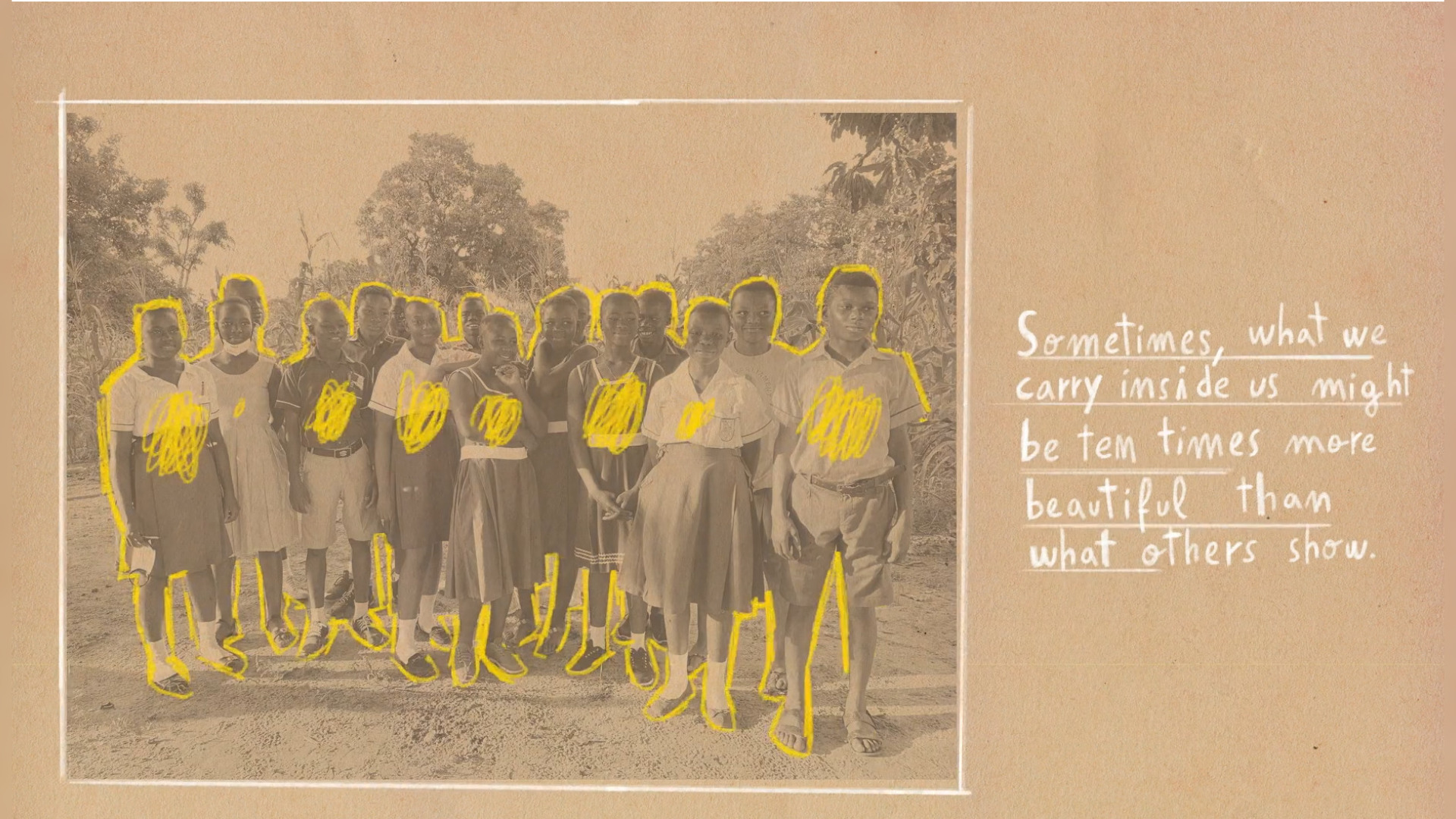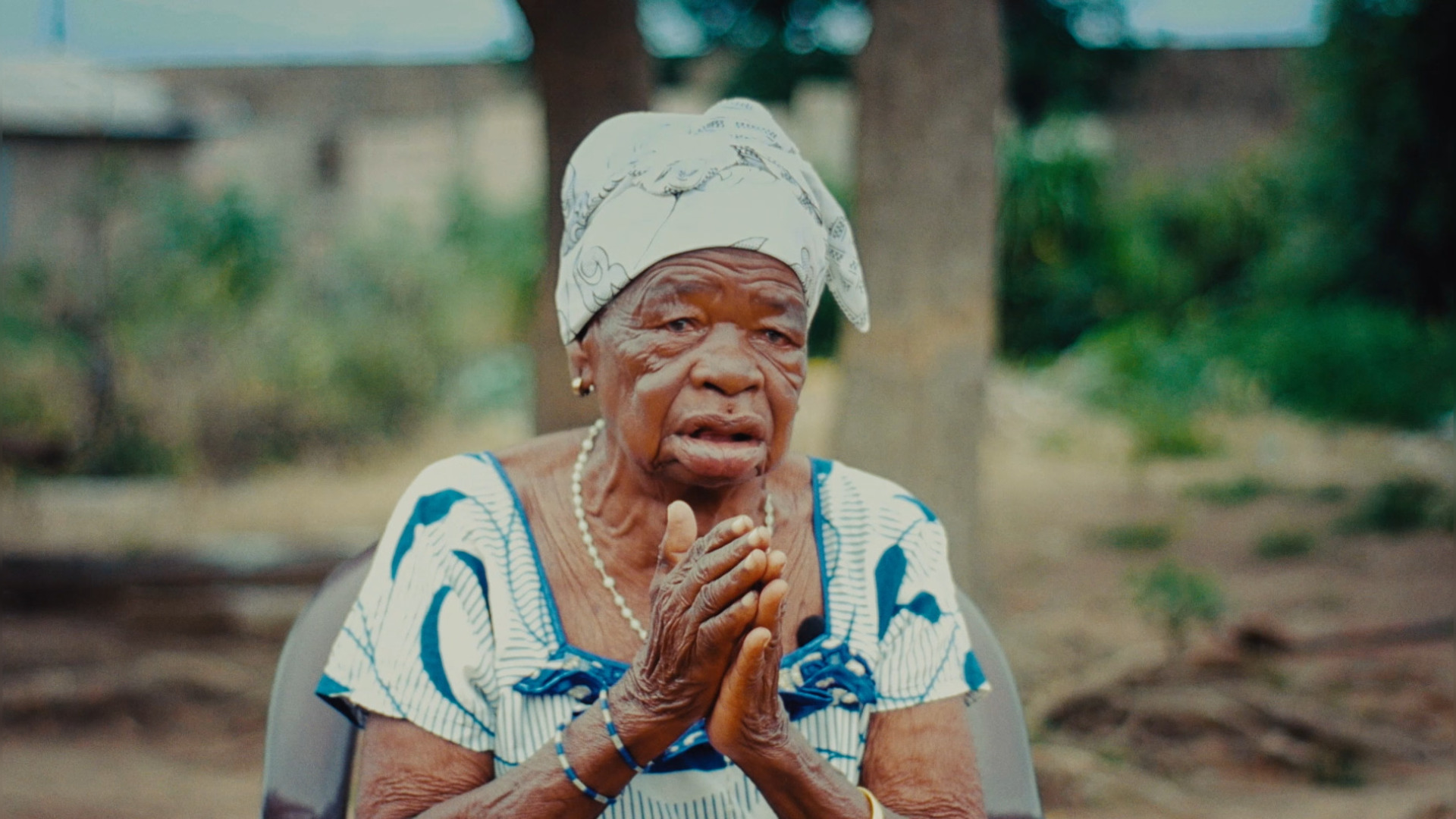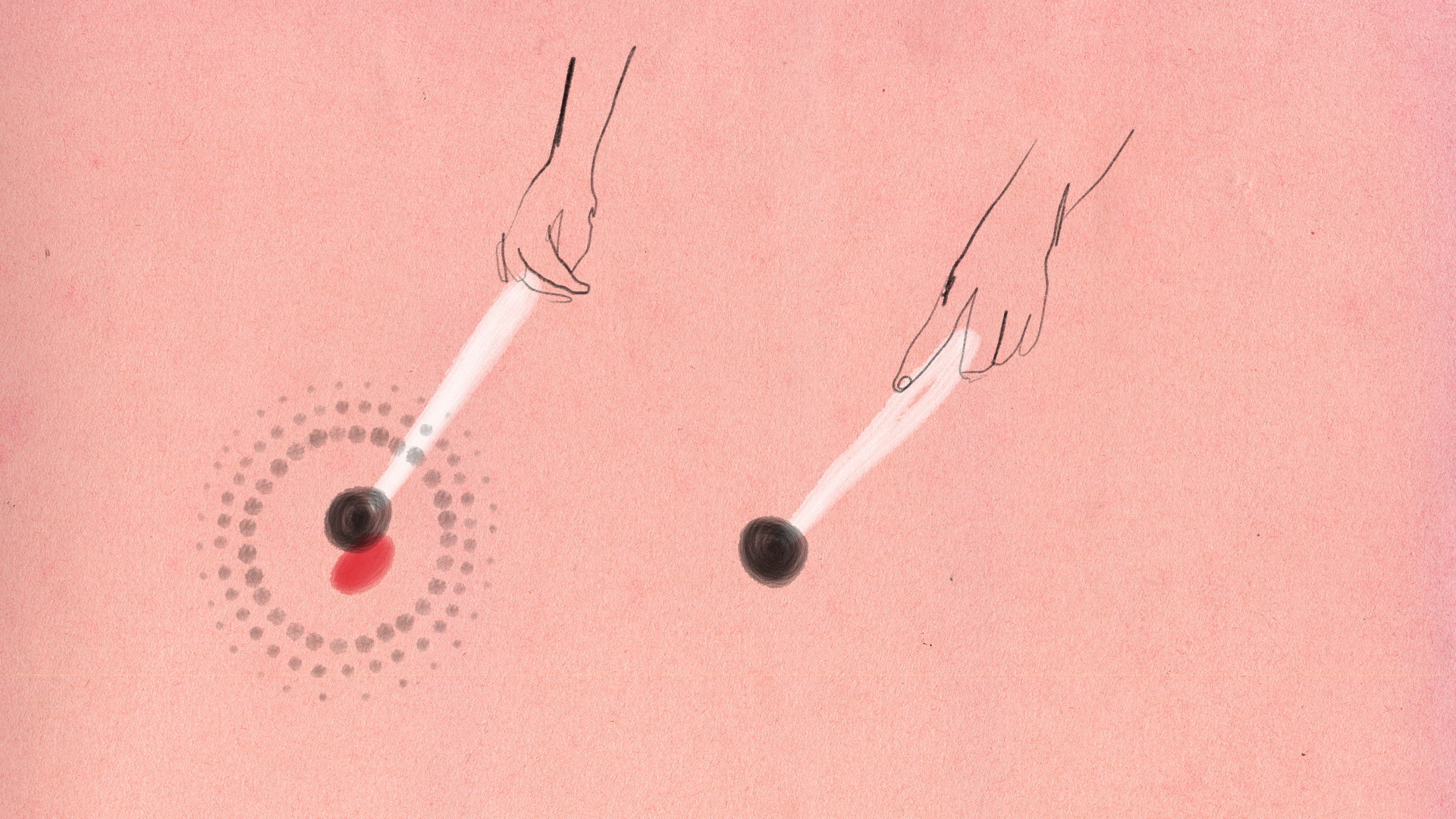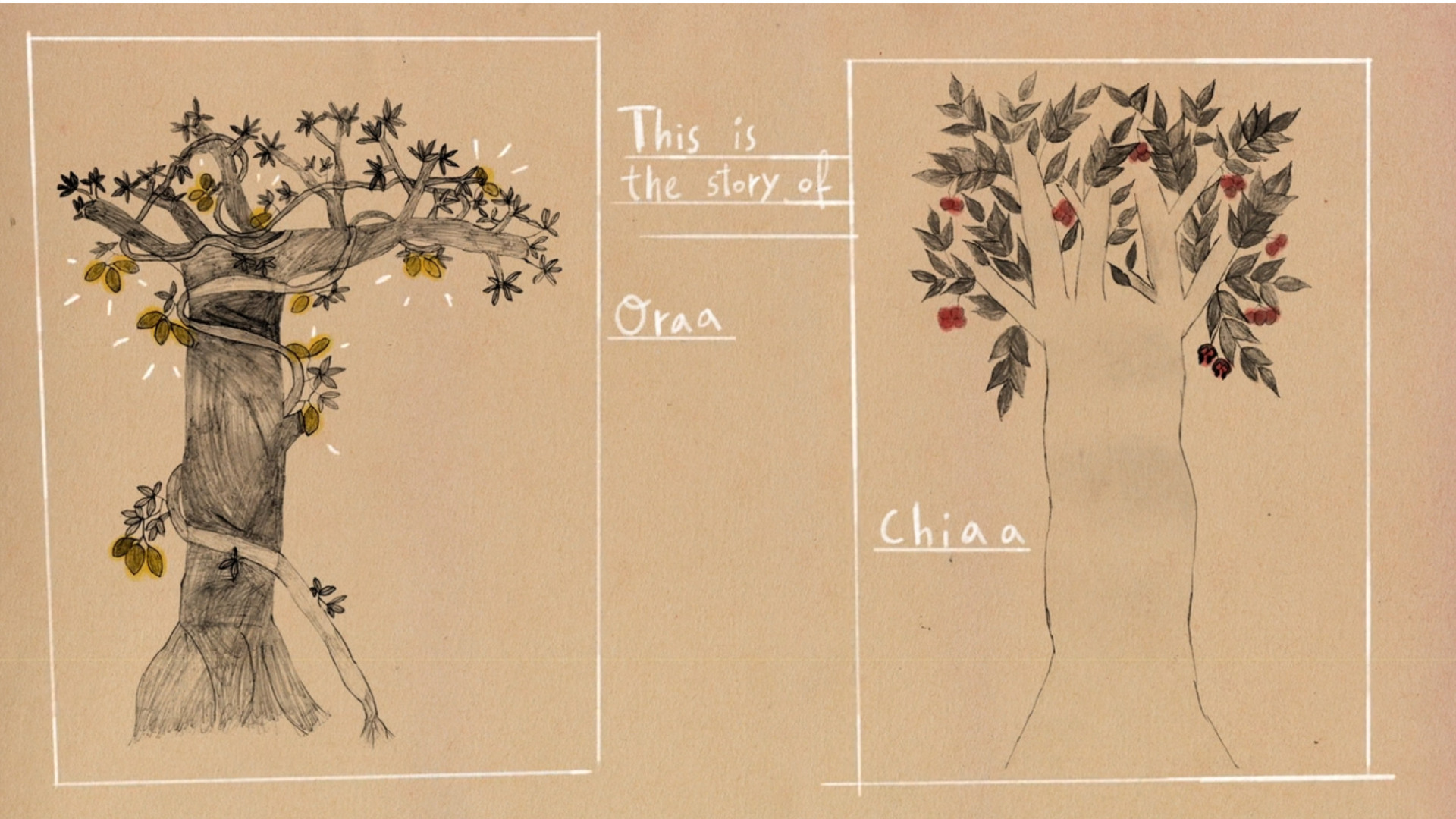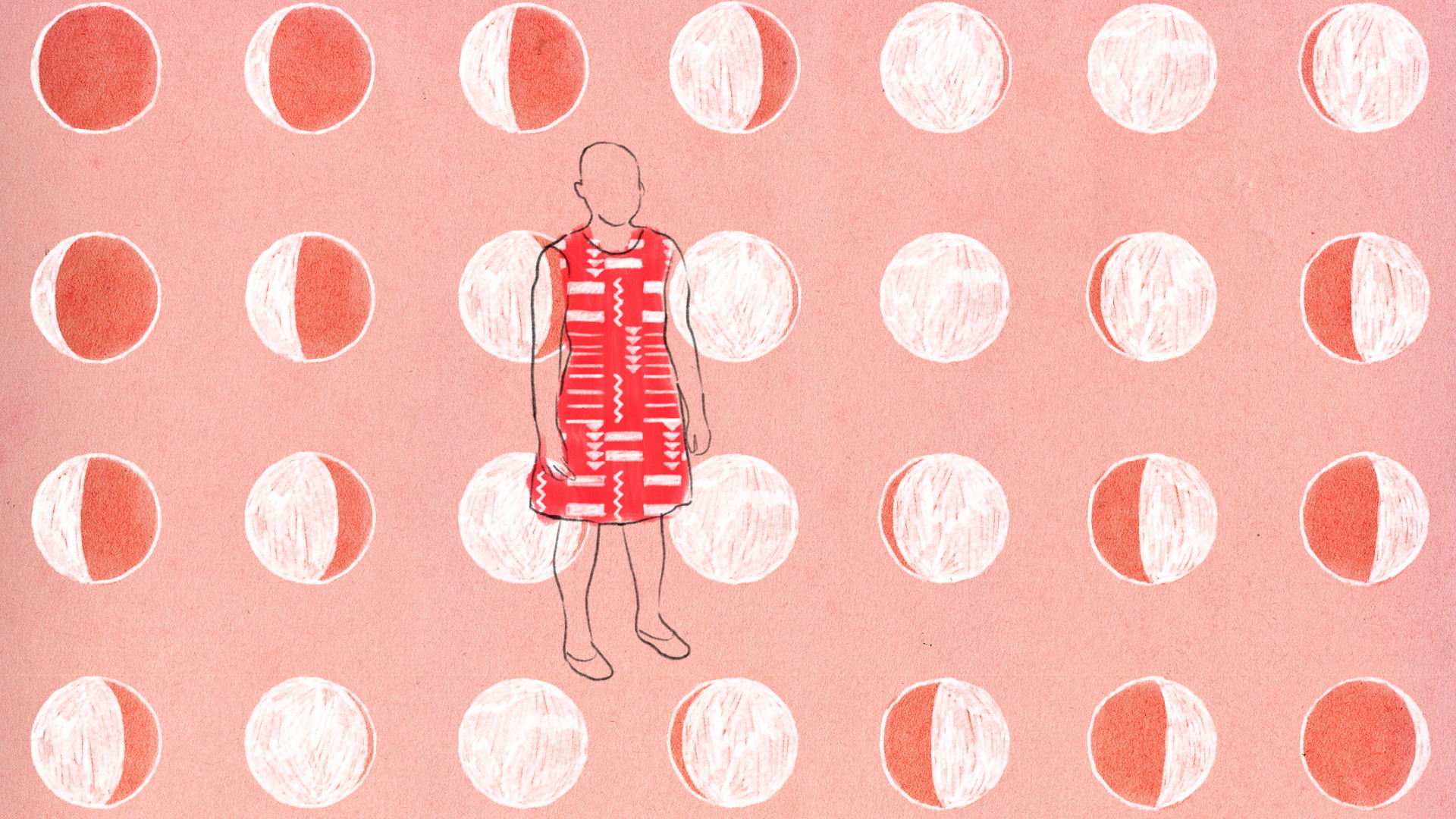Short films from northern Ghana
Rashid Abubakar Iddrisu Wari (Cehda activist)
04.10 – 15:30
05.10 – 16:00
3 short films
Presentation: Sawla is a small municipality in the Tuna-Kalba region of northern Ghana. It is home to 10,000 people from a dozen different ethnic groups. It is a rural area with an agricultural production increasingly dependent on the outside. There are many people who, in recent years, have thought it was no longer worthwhile to engage in it. In this series of 3 short films, the people talk about their relationship with their natural environment.
1. The history of Chihaa and oraa (Ghana/Spain, 2022, 2 minutes) 04.10 – 17:30
Synopsis: Fable that many creatures of Sawla know in which two trees talk and discover the goodness of humility. The drawings are made during a workshop by about twenty boys and girls selected from the contest we did among 500 students from 500 schools in the area.
Language: wala
Narrator: Shabihatu Shaban Lubna
Chihaa: Joana Kiwinwelle
Oraa: Rehan Abdul-Halim
Animation: Taller Estampa
Editing: Pepon Meneses y Laura Ginés
Sound and music editing: Taller Estampa
Image and sound: Abdul-Fatawu Tahiru y Waris Abdallah Samulupo
With: Abdul-Fatawu Seidu Salia, Joan Gabriel Renom, Adams Jeduah, Sawla
District Assembly Junior High School, Jentilpe RC Junior High School,
Saint Monica’s RC Junior High School, Sawla Girls Model Junior High
School, Abiba Soale -Bakari y Sawla Wura
Production: Cehda y Fora de Quadre.
2. The power of plants and trees (Ghana/Spain, 2022, 3 minutes) 04.10 – 17:30
Synopsis: Meri tells us about her experience solving health problems through plants and trees that heal.
Language: gnalba
Protagonist: Meri
Image and sound: Abdul-Fatawu Tahiru y Waris Abdallah Samulupo
Editing: Norma Nebot
Sound postproduction: Àlex Vilches
Color postproduction: Guillem Ventura
Translation: Aminatu Daudi
Production: Cehda y Fora de Quadre.
3. How to make a xylophone (Ghana/Spain, 2022, 3 minutes). 04.10 – 17:30
Synopsis: The way trees are cut nowadays has nothing to do with the traditional way, especially if it was to make the most beloved musical instrument.
Language: brifor
Narrator: Eliaja Darigomo
Animation: Taller Estampa
Editing: Pepon Meneses, Laura Ginès and Norma Nebot
Sound and music: Taller Estampa
Sound postproduction: Àlex Vilches
Color postproduction: Guillem Ventura
Translation: Kuotey Suotera Faustina
Image and sound: Abdul-Fatawu Tahiru y Waris Abdallah Samulupo
Live Music: Bec Daffa, Sabo Subul and Sabu Sansa Kuur
Production: Cehda y Fora de Quadre.


